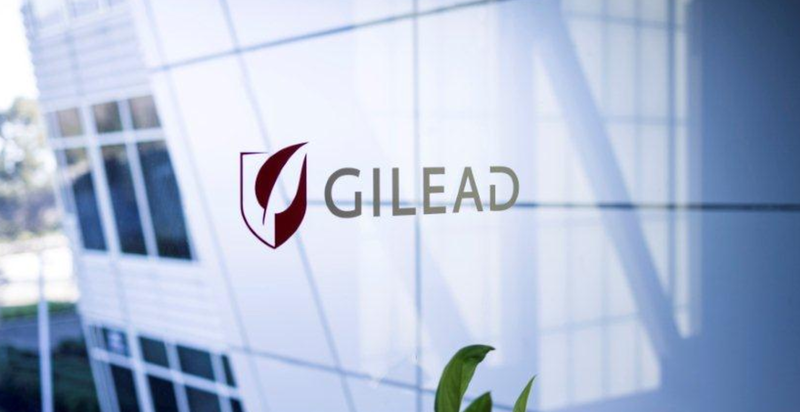Gilead Sciences and Galapagos have released 52-week clinical trial data showing the durability of filgotinib in rheumatoid arthritis patients. The update comes as the partners close in on a FDA approval that will position them to compete with rival JAK inhibitors sold by AbbVie, Eli Lilly and Pfizer.
Filgotinib came through three phase 3 trials in rheumatoid arthritis in 2018 and 2019, giving Gilead the data to support filings for approval in the U.S., Europe and Japan. If, as expected, filgotinib starts to rack up approvals in the second half of the year, attention will turn to whether Gilead can set the drug apart from rival JAK inhibitors and live up to blockbuster sales forecasts.
Data shared at the European League Against Rheumatism virtual congress this week will form part of the arsenal of evidence Gilead will deploy in its bid to win market share. The abstracts shared at the event include two covering 52-week data on the FINCH 1 and FINCH 3 late-phase clinical trials.
In October, Gilead and Galapagos said the 52-week data are consistent with the 24-week results. Now, the partners have shown that the proportion of patients on filgotinib in clinical remission increased.
After 52 weeks, 54% of patients enrolled in the 200-mg filgotinib dose arm of FINCH 1 were in remission, as measured by the DAS28 disease activity score, compared to 48% at the 24-week cutoff. The proportion of people on adalimumab, the active ingredient in Humira, in remission rose, too, but filgotinib kept its numerical advantage across multiple measures of efficacy.
The FINCH 3 data reveal similar trends. While the proportion of DAS28 responders in the cohort of patients who received 200 mg of filgotinib plus methotrexate ticked down by one percentage point, the percentage of people in remission rose when other efficacy measures were applied.
Trying to compare the results to those generated by AbbVie’s Rinvoq, the chief rival to filgotinib, is complicated by the typical shortcomings of cross-trial comparisons and the high rate of methotrexate responders in the FINCH studies, but the 24- and 52-week data suggest filgotinib can hold its own in terms of efficacy.
Galapagos, which used to be partnered with AbbVie on filgotinib, has long identified safety and tolerability as differentiators for its molecule. A pooled analysis of seven rheumatoid arthritis trials added weight to that claim by showing the rate of venous thromboembolism, a key safety concern for JAK inhibitors, was lower in people on filgotinib than in their peers who received placebo.
It remains to be seen how the FDA responds to the data. The agency slapped a black box warning for thrombosis on AbbVie’s Rinvoq, despite the adverse event rarely occurring in clinical development. If the FDA views thrombosis as a JAK class risk, it may impose a similar warning on filgotinib. Even so, Galapagos thinks safety can still be a differentiator for filgotinib.
“Although GLPG’s base case assumes FDA considers venous thromboembolism a JAK inhibitor class risk for a label warning, GLPG is confident doctors will recognise filgotinib’s favourable safety profile demonstrated across the Phase III program,” analysts at Jefferies wrote in a note to investors based on comments made by Galapagos CEO Onno van de Stolpe.

